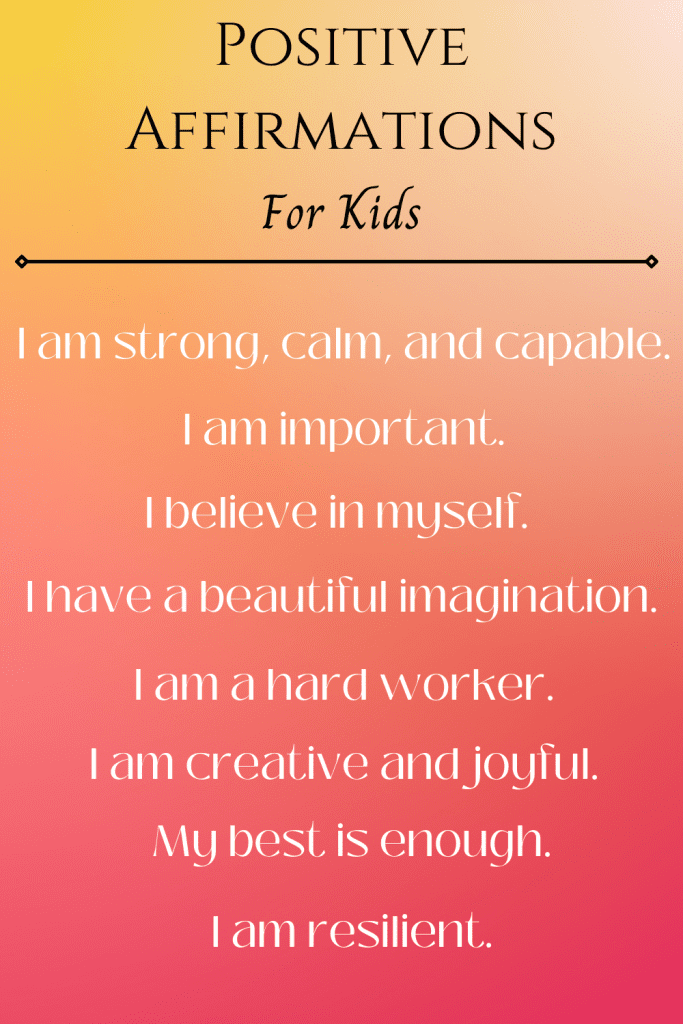 Stomachaches. Headaches. Not wanting to go to school. These are all possible ways that test anxiety is rearing its head in your child’s life. With TCAPS right around the corner in April, it’s natural even for kids who don’t normally have test anxiety to get a strong case of it.
Stomachaches. Headaches. Not wanting to go to school. These are all possible ways that test anxiety is rearing its head in your child’s life. With TCAPS right around the corner in April, it’s natural even for kids who don’t normally have test anxiety to get a strong case of it.
Studies show that 40% to 60% of kids have some kind of test anxiety.
My third grader confessed his own nerves around TCAPS, and the pressure put on the students in their first round of standardized testing. The threat of not passing the test equating to not passing third grade was hanging over his head, and he was terrified.
If your kiddos are nervous about taking a standardized test for the first time or the next time, here are some tips to help them (and you):
Validate their feelings
From our adult perspectives, it can be easy to accidentally be dismissive. “You’ll be fine! It’s no big deal! It’s just a test. There’s nothing to worry about.” These responses, though well intentioned, undermine your child’s emotions. Sure, as an adult, it’s easy to look back and think that standardized testing is no big deal. But our kids don’t have our experiences, and if this is the first time they’re taking the test, it can be intimidating and scary. Instead of offering platitudes, acknowledge how intimidating taking a big test can be. Once their feelings have been acknowledged and validated, you can move on to offering reassurance.
Offer reassurance
Reassurance doesn’t have to be rooted in the “you’ll do fantastic, you get good grades, you have nothing to worry about” mentality. Instead, it can focus on how your kiddo will still be loved, cherished, and valued regardless of their test results. Explaining that the purpose of the test is to find areas of strength and opportunities for growth is both true and offers reassurance that the test is measuring their skills, not their worth or intelligence. Asking questions about what they’re most nervous about can help too, especially if they want to take actionable steps to feel more confident in those areas. We can also ask them to remember several times in their life that they were worried and it turned out well, as well as times they were worried but it wasn’t as bad as they feared. This helps kids use their own life experiences to provide perspective, and teaches them healthy coping strategies.
Mitigating nerves through action
Sometimes people just need to talk out their worries, and then they can move confidently forward. Others need to take tangible actions to help them feel prepared. If they’re nervous about the timing aspect, you can practice at home. You can time them while they do homework or make it into a game. You can find full testing times per grade here. Journaling is a proven way to cope with stress, and could help kids both name their worries and mitigate the anxiety.
You can also discuss test taking strategies, such as:
- Stretch before the test and during breaks, if allowed
- Reading the directions carefully
- Using the process of elimination on questions they’re struggling with
- Reading all of the question and each answer option fully before choosing an answer
- What to do when they don’t know an answer. The best approach here is to prepare them for this inevitability — no one will know all the answers all the time. We can talk about context clues, as well as listening to teachers’ advice as they will know if it is better to leave it blank or make an educated guess
We can also practice in the moment calming actions to help as they’re taking the test, such as:
- Breathing deeply
- Visualizing a place that is comforting and/or calming
- Positive affirmations, reminding themselves that they are strong, capable, and kind
 You can also help them prepare on test days by:
You can also help them prepare on test days by:
- Being well-rested
- Eating a healthy breakfast
- Being silly together in the morning
- Singing on the way to school (I highly suggest We Don’t Talk About Bruno but you do you)
- Leaving encouraging notes in their backpack or lunchbox to remind them that you’re thinking about them
- Give them something to look forward to! Maybe it’s a special treat, making cookies together, playing a game after school, or letting them choose what to make for dinner that night. Although testing might be the focus at school, home is a refuge to play, explore, and rest




















These are such super sills to promote – great post!